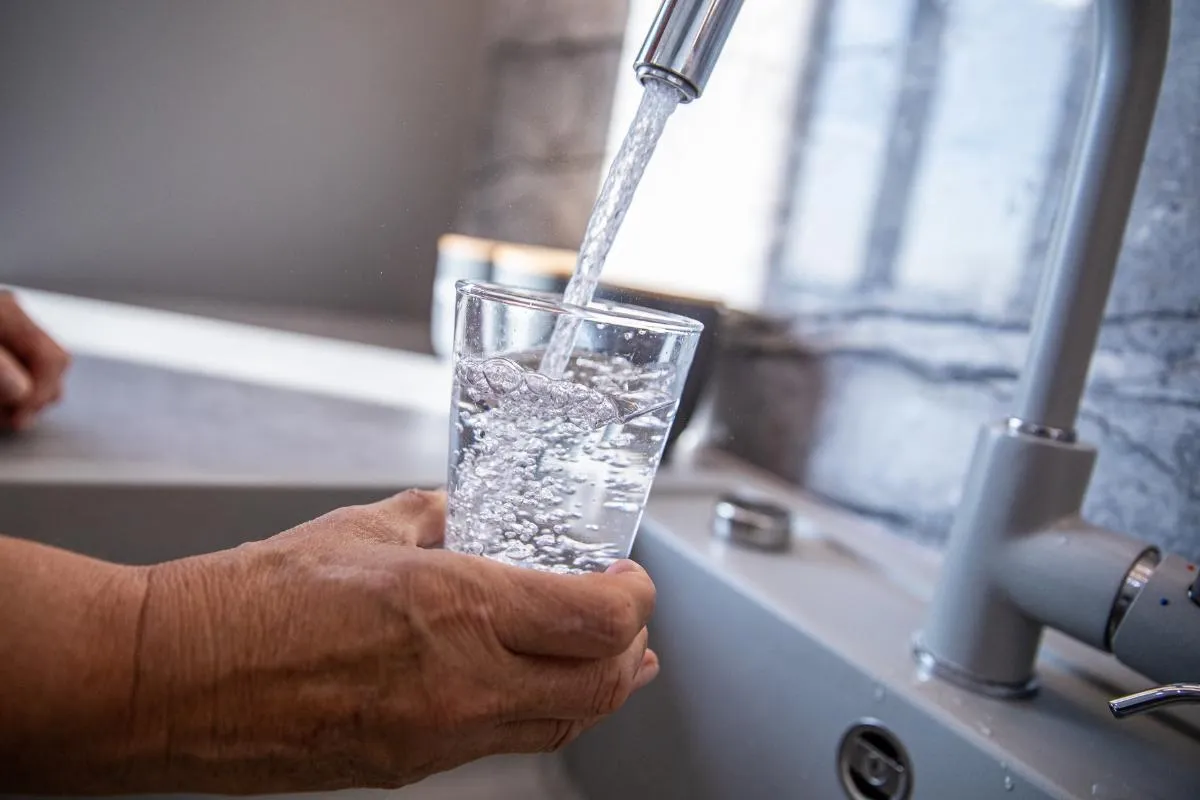
Tips for Ensuring Clean Water in Your Home
Clean water is essential for a healthy lifestyle. Contaminated water can lead to various health issues, so it's crucial to take proactive steps to ensure the quality of the water in your home. Here are some practical tips to help you maintain clean and safe water for you and your family.
1. Install a Water Filtration System
Investing in a good water filtration system is one of the most effective ways to ensure clean water. Filters can remove contaminants such as chlorine, lead, and bacteria. You can choose from various types of filters, including pitcher filters, faucet-mounted filters, under-sink filters, and whole-house systems, depending on your needs and budget.
2. Regularly Test Your Water
It's important to know what's in your water. Regular water testing can identify the presence of harmful substances and help you take the necessary steps to address any issues. You can use home testing kits or hire a professional to conduct a thorough analysis of your water quality.
3. Maintain Your Plumbing System
Old or corroded pipes can be a source of contamination. Regular maintenance of your plumbing system can prevent issues that might affect your water quality. Replace old pipes with modern, safer materials and ensure that your plumbing is in good working condition.
4. Use Eco-Friendly Cleaning Products
Harsh chemicals in cleaning products can end up in your water supply, contributing to pollution. Opt for eco-friendly and biodegradable cleaning products that are safe for both your home and the environment. These products are less likely to contaminate your water and are better for overall health.
5. Protect Your Water Source
Be mindful of activities that can affect your water source. Avoid using pesticides and fertilizers near water sources and dispose of hazardous materials properly. Keeping your water source clean helps maintain high-quality water in your home.
6. Stay Informed About Local Water Quality
Keep yourself updated on local water quality reports and advisories. Local authorities often provide information about water quality and any potential issues. Being informed allows you to take timely action to ensure your water remains clean and safe.
7. Store Water Safely
Proper storage of water is crucial, especially if you store large quantities for emergencies. Use clean, food-grade containers and keep them in a cool, dark place. Replace stored water every six months to ensure it's safe for consumption.
8. Boil Water During Emergencies
In case of contamination or emergencies, boiling water is an effective way to kill bacteria, viruses, and other pathogens. Bring water to a rolling boil for at least one minute to ensure it's safe for drinking and cooking.
Conclusion
Ensuring clean water in your home is not just about investing in filtration systems or using eco-friendly products; it's about being proactive and informed. By following these tips, you can safeguard the health of your family and contribute to a healthier environment. Clean water is a fundamental right, and it's essential to take the necessary steps to ensure its availability and quality.